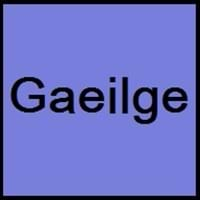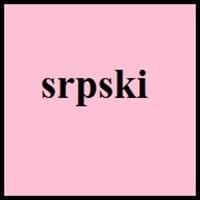Irish vs Serbian
- In Irish language, there are no exact words for "yes" or "no".
- There are different set of numbers for counting humans and another set for counting non-humans in Irish Language.
- Serbian language was derived from the Old Church Salvic, as the language was commonly spoken by most of Slavic people in the 9th Century.
- Serbian language is based on Stokavian dialect.
Irish and Serbian Language History
Comparison of Irish vs Serbian language history gives us differences between origin of Irish and Serbian language. History of Irish language states that this language originated in c. 750 whereas history of Serbian language states that this language originated in 11th Century. Family of the language also forms a part of history of that language. More on language families of these languages can be found out on Irish and Serbian Language History.
Irish and Serbian Greetings
People around the world use different languages to interact with each other. Even if we cannot communicate fluently in any language, it will always be beneficial to know about some of the common greetings or phrases from that language. This is where Irish and Serbian greetings helps you to understand basic phrases in Irish and Serbian language. Irish word for "Hello" is Dia dhuit or Serbian word for "Thank You" is Хвала лепо (Hvala lepo). Find more of such common Irish Greetings and Serbian Greetings. These greetings will help you to be more confident when conversing with natives that speak these languages.
Irish vs Serbian Difficulty
The Irish vs Serbian difficulty level basically depends on the number of Irish Alphabets and Serbian Alphabets. Also the number of vowels and consonants in the language plays an important role in deciding the difficulty level of that language. The important points to be considered when we compare Irish and Serbian are the origin, speaking countries, language family, different greetings, speaking population of these languages. Want to know in Irish and Serbian, which language is harder to learn? Time required to learn Irish is 36 weeks while to learn Serbian time required is 44 weeks.





